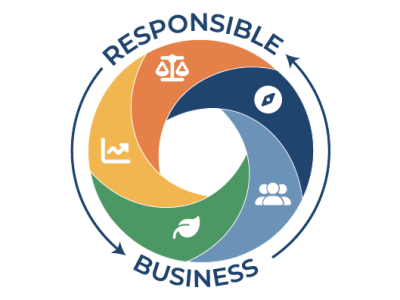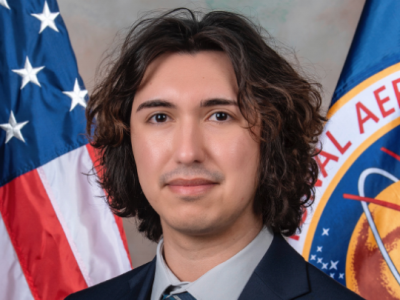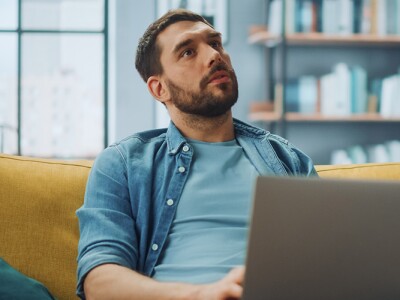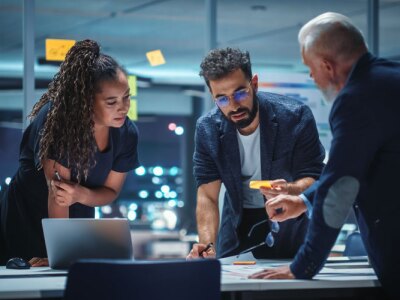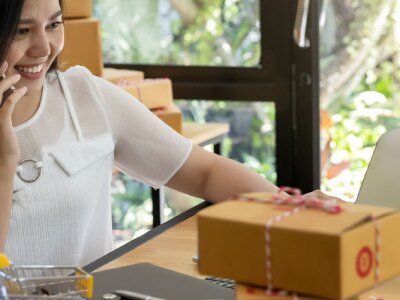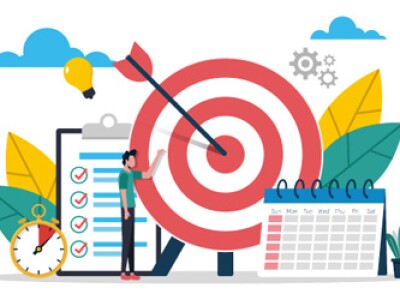CSUMB MBA Blog
Responsible business is a core concept at the College of Business at CSUMB and describes how the next generation (and...
This blog will explore the pathways to earning an MBA without a business degree, the different types of MBA programs, common myths about MBA admissions, and ways to prepare for an MBA application when your undergraduate degree is in a non-business field.
A high-quality MBA program hones specialty skills and leadership abilities for the next stage of your career. MBA programs are delivered in a variety of formats, and the optimal program fit for you will depend on your goals and schedule.
MBA acceptance rates may not be what you expect. Discover seven facts that can transform your application strategy and boost your chances of acceptance.
Discover the key MBA requirements for 2025, from academic background to professional experience. Learn how to stand out to top business schools!
Looking to advance your career? Discover the top MBA skills employers demand, backed by real success stories from CSUMB graduates.
Join Rudy Ruano on a transformative journey from local government to NASA as he shares how an Online MBA program from California State Monterey Bay opened new doors for his career.
Graduate degrees such as a master’s in organizational leadership or a Master of Business Administration (MBA) are crucial stepping stones for professionals aiming to advance into positions of leadership. The decision to pursue either degree can significantly affect one's career directions and opportunities.
Business leaders face a web of challenges, from keeping pace with market demands to inspiring a broad range of employees. These obstacles require not just keen insight but also the ability to adapt and guide with confidence. Effective leadership development is vital in equipping tomorrow’s executives with the skills they need to succeed.
Excellent organizational leadership is critical for long-term success in business. It's about more than just the bottom line; it's about being responsible and making decisions that benefit not only the business but also the employees, the community, and the environment.
As the business landscape evolves, the demand for MBA professionals is driven by the need for strategic thinkers and influential leaders who can navigate the complexities of today’s global market.
Understanding how to dress for different professional environments is crucial for shaping your personal brand and ensuring career success.
Entrepreneurship takes many forms and plays a crucial role in driving innovation, economic growth, and social change. Entrepreneurs shape the future with new ideas, products, and services.
A strong MBA curriculum provides the essential knowledge and skills needed to start, manage, and grow successful businesses.
While business entrepreneurs can and do come from a variety of backgrounds, they have many things in common, including the challenges they face, the strategies they apply to solving them, and skills and characteristics that can help them succeed.
Recent surveys have delivered good news: Employers value your professional development, it’s likely that there’s employer tuition assistance available, and almost no one is asking for it.
A Master of Business Administration (MBA) degree is one of the most sought-after degrees available for those looking to break into the business world. It prepares you to move up the career ladder into some of the best jobs you can get in today’s competitive market.
For professionals at any level of business, success can be measured and even determined by how well a company solves its customers’ problems.
The bottom line is more than just profit. Explore economic and social impact, their importance in business, and their connection to the Triple Bottom Line.
When applying for a Master's in Business Administration (MBA) program, the short-term and long-term goals essay is an essential element of your application. Effective creation of this essay requires a clear strategy, covering all the subtle nuances of a successful response.

